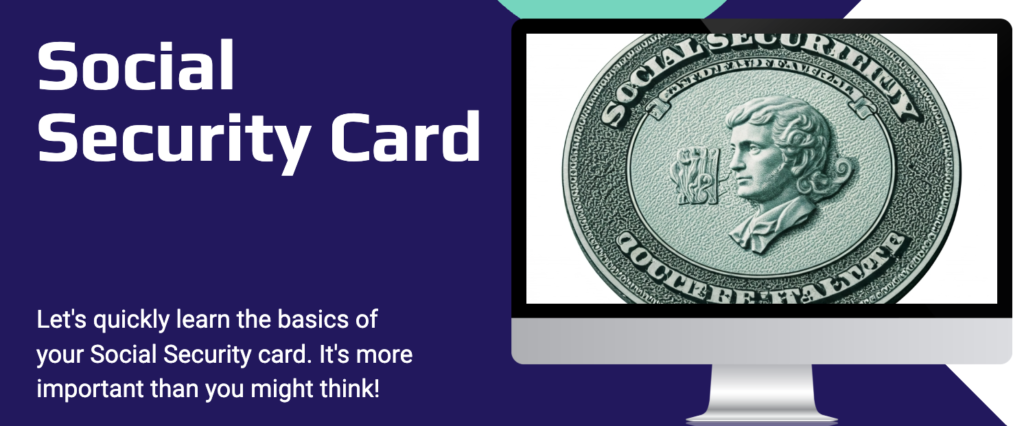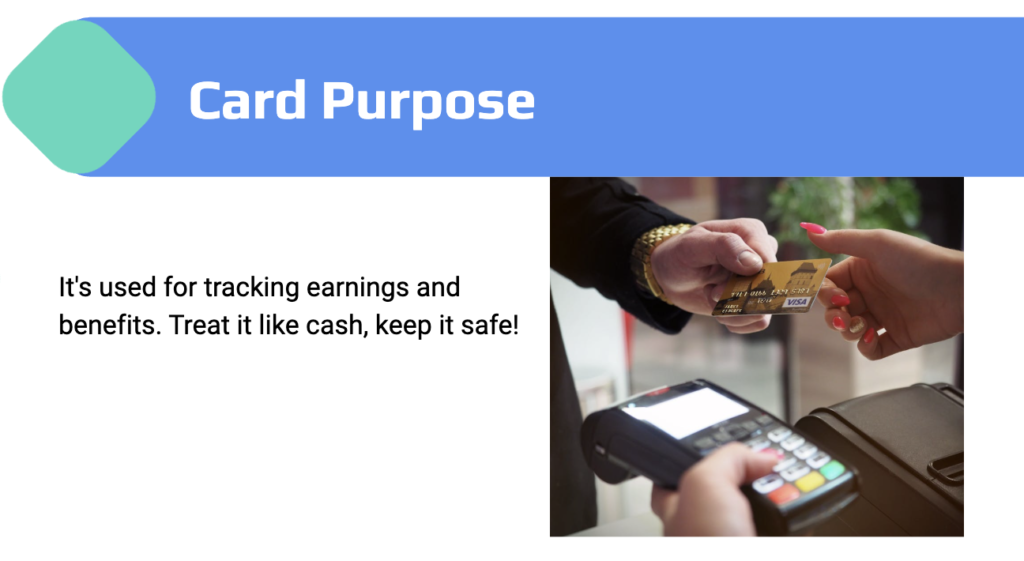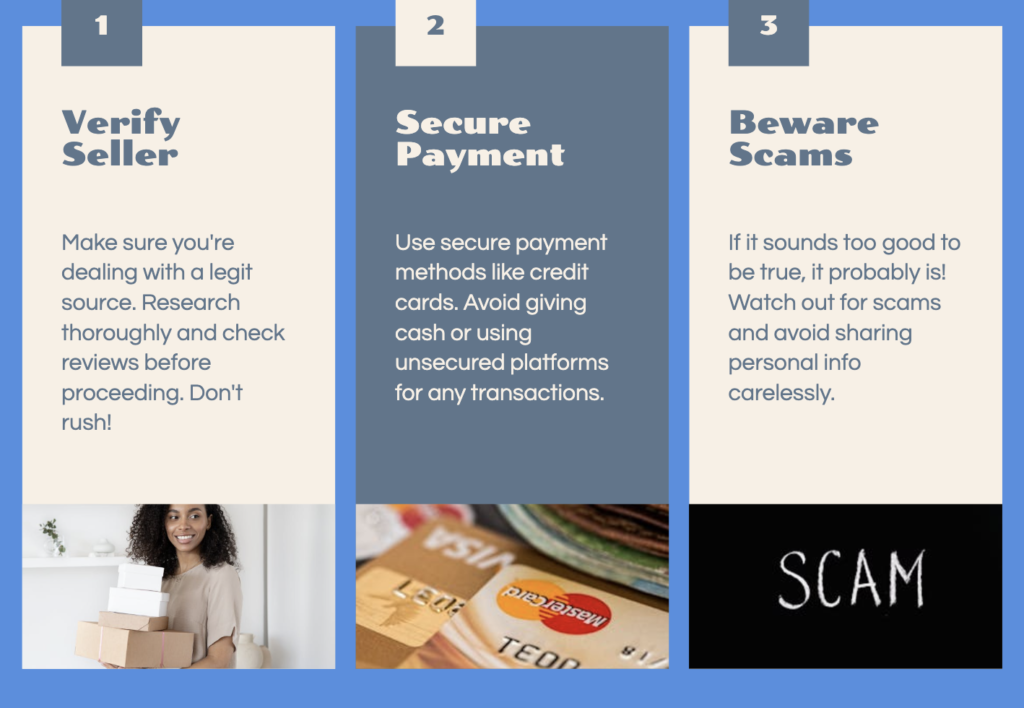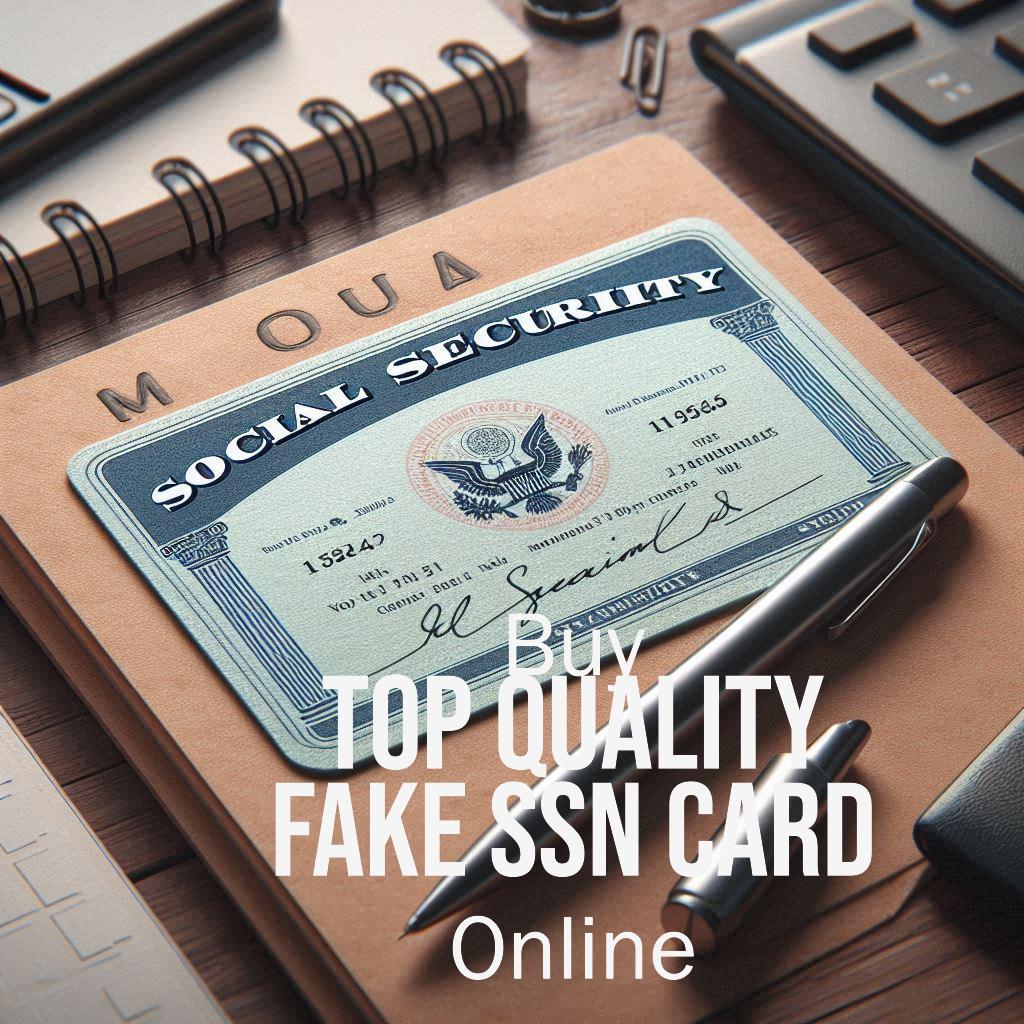Table of Contents
ToggleBasics of a Social Security Card

A Social Security card is a critical document issued by the Social Security Administration (SSA) in the United States. Each card features a unique nine-digit Social Security Number (SSN), which serves as a personal identifier for U.S. citizens, permanent residents, and certain temporary residents. This number is essential for various administrative and financial functions, including tracking earnings, calculating benefits, and filing taxes.
Beyond its use in taxation, the Social Security card plays a pivotal role in identification. It’s frequently required when applying for jobs, as employers use the SSN to verify identity and eligibility to work.
Additionally, the SSN is integral to accessing government services, such as Social Security benefits, Medicare, and Medicaid.
The card itself is a small piece of paper with several security features to prevent fraud and misuse. These features may include watermarks, specific paper types, and unique printing techniques.
While the card is designed to be durable, it should be kept in a safe place to avoid damage or loss.
For financial activities, the SSN is often necessary. Banks and other financial institutions require it to open accounts, apply for loans, and establish credit histories. The SSN helps institutions confirm the identity of their clients and comply with federal regulations aimed at preventing fraud and money laundering.
In education, many schools and universities require an SSN for enrollment and financial aid purposes. It is also used in various state and federal programs to ensure accurate record-keeping and benefit distribution.
Overall, the Social Security card is a cornerstone of identity verification and financial tracking in the United States, making it an indispensable tool for residents and citizens alike.
Why People Use Fake Social Security Cards

One significant reason people use fake Social Security cards is to circumvent immigration hurdles. Those lacking proper immigration documentation might resort to counterfeit cards to stay in the U.S. without facing immediate legal consequences, allowing them to seek better living conditions and opportunities.
- Another prevalent motive is employment. Many employers require a valid SSN as part of the hiring process. For individuals who cannot provide a legitimate number, a fake ssn card can temporarily enable them to work and earn a living. This is particularly common among undocumented workers who are otherwise unable to secure jobs legally.
- Financial access is another critical factor. Social Security numbers are often required to open bank accounts, apply for loans, or establish credit histories. Without a valid SSN, people may use fake cards to access these financial services, which are essential for building financial stability and managing daily life.
- Education can also drive the use of fake SSN cards. Some educational institutions require an SSN for enrollment and financial aid purposes. Individuals without a valid number might use a counterfeit card to pursue higher education and secure funding opportunities.
- Moreover, certain government services require an SSN. Access to programs such as Medicaid, Medicare, or other social welfare services might prompt the use of fake cards. Individuals may resort to these measures to receive necessary healthcare or other benefits.
These reasons highlight the various pressures and challenges faced by individuals who turn to counterfeit Social Security cards. The need to navigate complex legal, financial, and social systems often drives the use of such cards, despite the significant risks involved.
Key Features of a Good Fake Social Security Card

The quality of a fake SSN card can vary widely, but certain features are indicative of a more convincing replica. Firstly, the quality of materials and printing is crucial. High-quality cards are made using materials that closely resemble those of genuine Social Security cards, with precise printing that mirrors official designs.
Accuracy of information is another important feature. A good fake card will have information that is consistent with official records, including a plausible nine-digit number and realistic personal details that do not raise immediate suspicion.
Additionally, security features mimicking real cards are essential. This might include watermarks, microprinting, or other elements that are typically found on genuine Social Security cards.
A fake card that lacks these features is more likely to be detected as counterfeit.
Risks Involved in Using a Fake SSN Card
Possessing or using a fake SSN card comes with numerous dangers that can impact multiple aspects of a person’s life. One of the foremost risks is legal repercussions. The use of counterfeit Social Security cards is a violation of federal law, carrying the potential for hefty fines, imprisonment, or, for non-citizens, deportation. Authorities take these offenses seriously due to their implications for national security and social welfare integrity.
Beyond legal issues, there’s a significant risk of identity theft. Fake SSN cards are often created using stolen personal information. If someone’s identity is used in the creation of a fake card, the original person can face severe consequences, including damage to their credit score and financial history. This misuse can lead to a tangled web of legal problems and a long road to restoring one’s identity.
Another serious concern is the impact on one’s professional and personal life. Discovery of the use of a fake SSN card can result in immediate job termination and make future employment opportunities difficult to secure.
Employers, once aware of the fraud, may view the individual as untrustworthy, creating a stigma that can follow the person for years. Socially, the use of counterfeit documents can strain relationships and lead to a loss of trust among friends and family.
Additionally, there are risks associated with the process of acquiring a fake SSN card. Engaging with counterfeit document vendors often involves interactions with criminal networks, increasing the chance of being scammed, blackmailed, or exposed to further legal risks. The entire endeavor can entangle individuals in ongoing illegal activities, making it harder to break free from the cycle of deception and illegality.
Navigating the underground market for fake SSN cards is fraught with risks, but some individuals are willing to take these steps for various reasons. One of the initial actions often taken is researching sellers who have a proven track record of delivering high-quality counterfeit cards.
Potential buyers typically rely on word of mouth, online forums, or reviews to find trustworthy sources. They might also look for testimonials from previous customers to assess the reliability of the seller and the authenticity of the product.
In addition to identifying a reliable source, ensuring secure transactions is crucial. Buyers often prioritize discreet payment methods such as cryptocurrencies to maintain anonymity. Secure communication channels are also vital, as they help protect personal information from being intercepted or traced. Some buyers use encrypted messaging services to minimize the risk of exposure.
Another key aspect is verifying the quality of the counterfeit card before finalizing the transaction.
This might involve requesting samples or close-up photos of the card to examine its features and compare them with those of a genuine Social Security card.
Attention to details such as watermarks, microprinting, and the quality of materials can help in determining the authenticity of the counterfeit card.
Lastly, individuals might seek advice from others who have successfully navigated this process.
Online communities and forums often serve as a resource for tips and guidance, though the reliability of such information can vary.
Despite these precautions, it is essential to recognize the severe legal and personal risks involved in purchasing and using a fake SSN card.
Alternatives to Using a Fake SSN Card
Navigating the complexities of obtaining a Social Security number legally may seem daunting, but several legitimate alternatives exist. One viable option is to seek guidance through proper immigration channels.
Individuals who are eligible can apply for an SSN when they adjust their immigration status, such as obtaining a work visa, permanent residency, or citizenship. This process, although potentially lengthy, ensures compliance with U.S. laws and reduces the risks associated with counterfeit documents.
Additionally, various government assistance programs are available to support individuals facing immigration and employment challenges.
These programs offer resources and services to help navigate the legal landscape.
For example, non-profit organizations and community groups often provide legal assistance, counseling, and support for those seeking to regularize their immigration status and obtain a legitimate SSN.
Consulting with an immigration attorney is another effective strategy. Legal professionals specializing in immigration law can provide personalized advice, help understand the eligibility criteria, and guide individuals through the application process.
Attorneys can also assist in addressing any complications or legal issues that might arise, ensuring that applicants have the best possible chance of success.
Furthermore, some educational institutions offer support services for students needing assistance with immigration-related matters. School counselors or designated officials can provide information on how to obtain an SSN legally and may offer resources or referrals to appropriate legal services.
In the interim, individuals can explore alternative forms of identification and documentation for certain activities. For instance, an Individual Taxpayer Identification Number (ITIN) can be used for tax purposes and some financial transactions.
While not a substitute for an SSN, an ITIN allows individuals to comply with tax laws and engage in financial activities without resorting to illegal means.
By pursuing these legal alternatives, individuals can work toward a stable and secure future without the significant risks associated with using fake Social Security cards.

